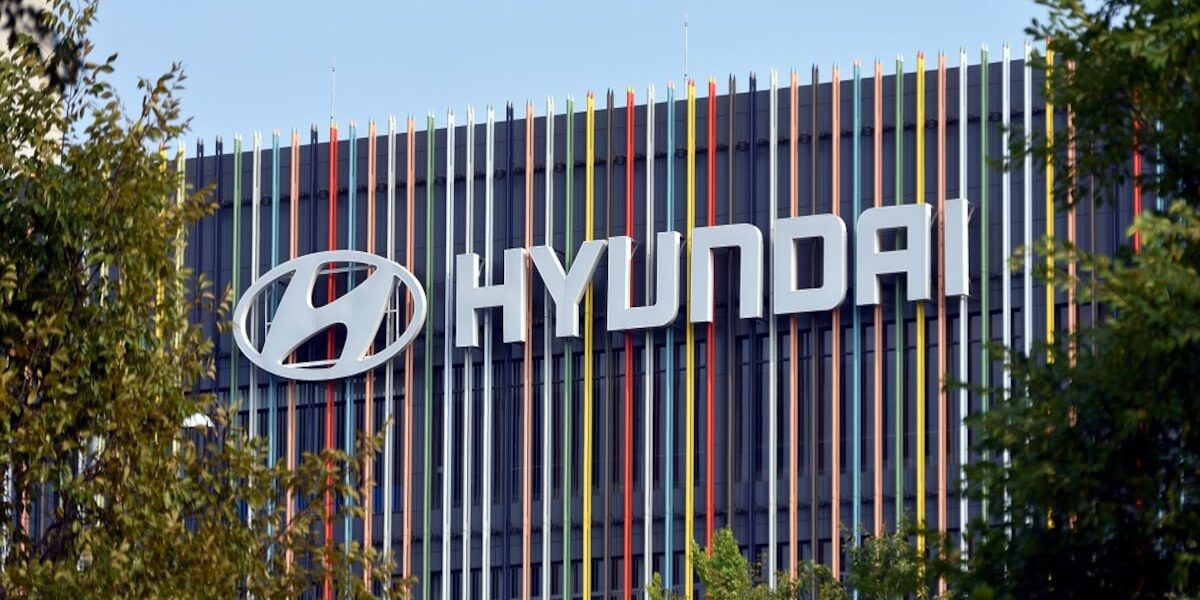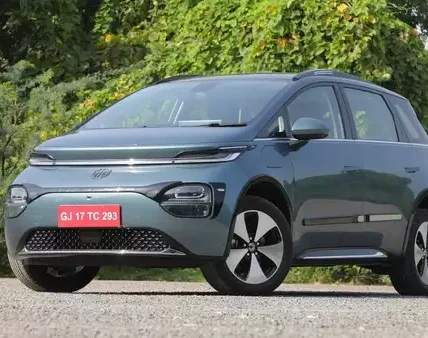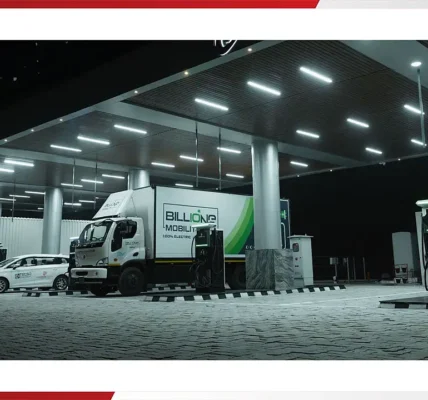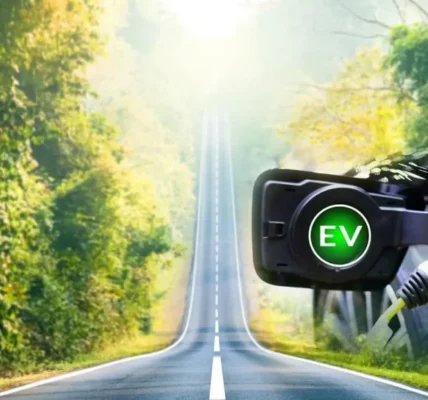Hyundai Motor India Ltd. has signed an agreement with Exide Energy Solutions Ltd., a subsidiary of Exide Industries, to procure locally manufactured lithium-iron-phosphate (LFP) battery cells for its electric vehicles. This marks a significant shift towards domestic sourcing of critical EV components, reducing reliance on imports.
Collaboration for Lithium-Iron-Phosphate Battery Cells
The agreement will see Exide producing LFP battery cells for Hyundai’s EVs targeted at the Indian market. Known for their extended lifecycle, these LFP cells can endure over 10,000 charging cycles—substantially higher than conventional lithium-ion batteries, which typically support 1,000–2,300 cycles.
Focus on Cost Reduction and Sustainability
The partnership is aimed at enhancing cost competitiveness for Hyundai’s EV models by reducing production expenses through localisation. This move also aligns with India’s carbon-neutrality goals, supporting the government’s emphasis on local manufacturing to boost green technology adoption.
Heui Won Yang, head of Hyundai and Kia’s R&D division, emphasised the importance of localised production, stating that it would provide Hyundai with a strategic advantage in developing cost-effective EV solutions for the Indian market.
Market and Industry Impact
This development reflects the broader trend of automakers prioritising local sourcing to address supply chain vulnerabilities and promote sustainable practices. Despite the announcement, Exide Industries’ stock dipped by 1.07%, and Hyundai Motor India’s shares closed 0.15% lower amid a 1.2% drop in the benchmark Sensex index.
Hyundai’s collaboration with Exide is part of its long-term strategy to strengthen EV infrastructure and reduce production costs while supporting India’s vision of becoming a global EV manufacturing hub. This initiative further underscores the automaker’s focus on creating a robust, localised supply chain for future electric vehicle production.







